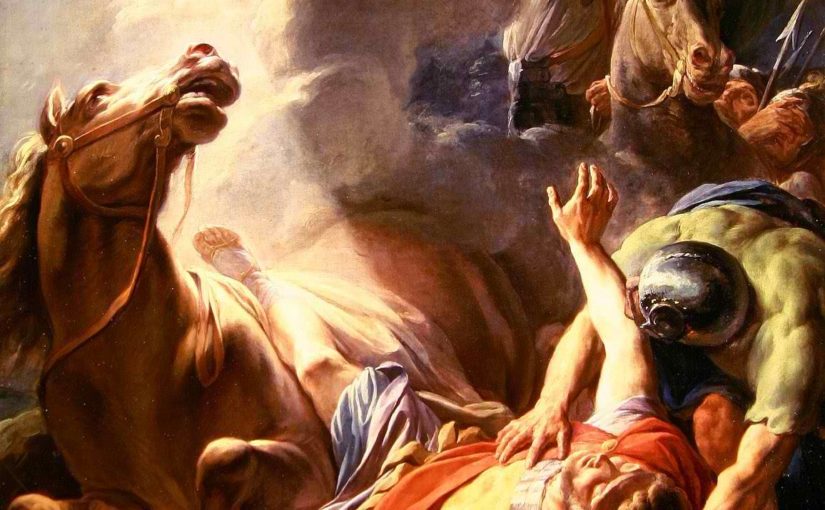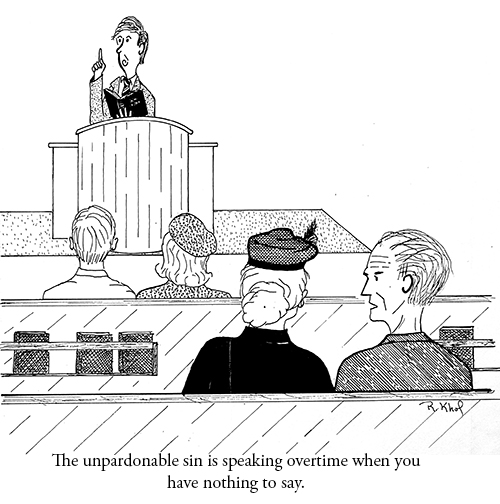Simon Peter answered and said, “You are the Christ, the Son of the living God.”
Matthew 16:16
Without a doubt “Christ” is the quintessential title given to the Lord. It is used 555 times in 552 verses of the New Testament and is only surpassed in use by His personal name, Jesus (stated 983 times). It would be safe to say that one would not have a clue who Jesus is unless he or she had some concept that He is the Christ.
Literally Christ means “anointed” and comes from the Greek word “Christos.” The Hebrew word “mashiach” (messiah) also means anointed and was translated as “Christos” in the Septuagint. At the most basic level the term Christ means the Jewish Messiah, the anointed of God. In the first century, both the Greek speaking Gentile world and Hebrews understood this word. “Pilate said to them, “Whom do you want me to release to you? Barabbas, or Jesus who is called Christ?” (Matthew 27:17). The Christ was God’s chosen one who was sent into this world.
The first time Jesus went to the synagogue after He began His public ministry, He was given the book of Isaiah and read from chapter 61. He announced “The Spirit of the LORD is upon Me, because He has anointed Me To preach the gospel to the poor; He has sent Me to heal the brokenhearted, to proclaim liberty to the captives And recovery of sight to the blind, to set at liberty those who are oppressed” (Luke 4:18). When Christ was finished reading, He closed the book, sat down, and announced, “Today this Scripture is fulfilled in your hearing” (Luke 4:21).
The significance of this declaration is almost always missed in our culture and generation, but they totally got it at the time He said it. He was clearly saying that He was the LORD’s anointed; He was the Messiah; He was the Christ.
April 16









